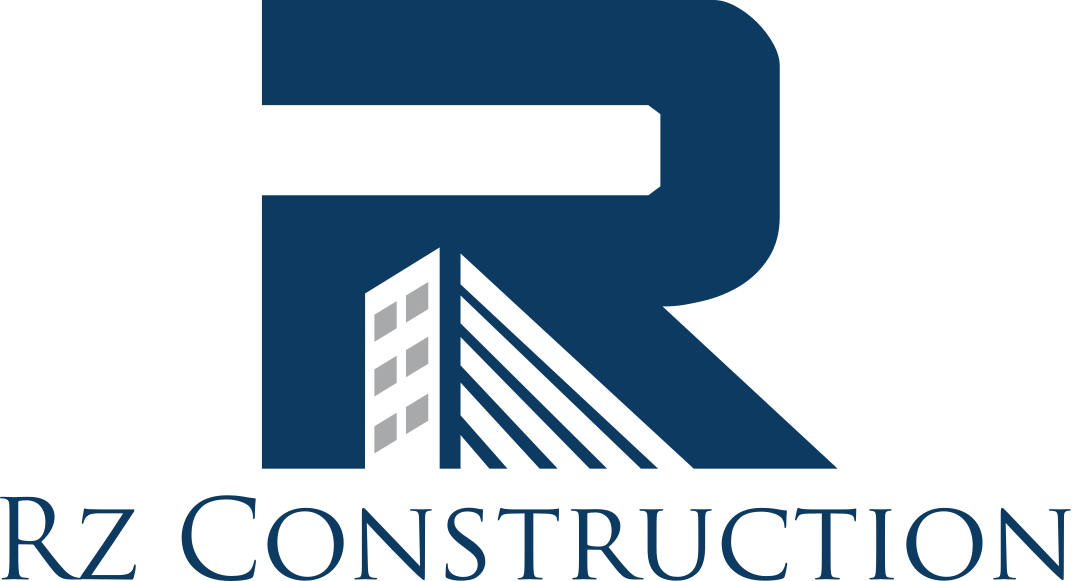Masonry, the art of building structures from individual units of brick, stone, or concrete, has been a cornerstone of architectural beauty and strength for centuries. While masonry buildings and walls are admired for their durability and aesthetic appeal, they require proper maintenance to preserve their integrity over time. In this detailed guide, we share professional tips on maintaining your masonry effectively, ensuring it withstands the test of time and continues to enhance your property’s value and appearance.
Understanding Masonry Maintenance
Before diving into maintenance strategies, it’s crucial to understand that masonry maintenance involves routine inspections, cleaning, repair, and protection of the masonry work. Proper maintenance not only prevents deterioration but also prolongs the life of the masonry structure.
Regular Inspections
Detecting Early Signs of Damage
Conducting regular inspections is the first step in masonry maintenance. Look for signs of damage such as cracks, crumbling mortar, or efflorescence (a white, powdery substance that indicates water presence). Early detection allows for timely repairs, preventing minor issues from escalating into major problems.
Professional Assessments
While homeowners can perform basic inspections, it’s advisable to hire a professional mason every few years for a comprehensive assessment. Professionals can identify issues that may not be visible to the untrained eye, such as structural weaknesses or hidden water damage.
Cleaning Masonry
Gentle Cleaning Techniques
Cleaning your masonry removes unsightly dirt, grime, and biological growths like mold or algae, which can degrade the materials over time. Use gentle cleaning techniques such as soft washing with a mild detergent solution to avoid damaging the masonry. Harsh chemicals or high-pressure washing can erode the surface of bricks or stones and should be avoided.
Dealing with Stains
For tough stains, such as graffiti or oil, consult a masonry professional for advice on removal methods. Specific types of stains may require specialized cleaning agents or techniques to avoid damage.
Masonry Repairs
Repointing Mortar Joints
One of the most common masonry repairs is repointing, the process of removing deteriorated mortar from joints and replacing it with new mortar. Repointing prevents water infiltration, which can lead to further damage. It’s important to match the new mortar to the original in terms of composition, color, and texture for structural integrity and aesthetics.
Fixing Cracks and Chips
Small cracks and chips in masonry can often be repaired using a suitable filler or adhesive designed for masonry repair. However, larger cracks or structural damage require professional attention to ensure the repairs are performed correctly.
Protecting Masonry
Sealing
Applying a breathable, water-repellent sealer can protect masonry from moisture penetration, one of the primary causes of deterioration. Ensure the sealer is appropriate for your type of masonry and climate conditions.
Addressing Water Management
Proper water management is crucial for maintaining masonry. Ensure gutters and downspouts are clear and functioning correctly to direct water away from masonry structures. Additionally, consider landscaping and grading adjustments to prevent water from pooling near the foundation.
Maintaining your masonry is not just about preserving its appearance; it’s about ensuring the longevity and safety of your property. By following these professional tips—regular inspections, gentle cleaning, timely repairs, and effective protection—you can keep your masonry in top condition for years to come. Remember, while some maintenance tasks can be DIY, don’t hesitate to call in professionals for complex repairs or when in doubt. Properly maintained masonry not only stands the test of time but also adds unparalleled beauty and value to your property.
